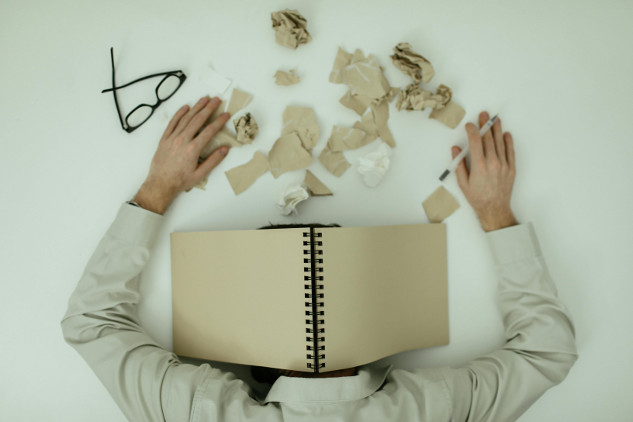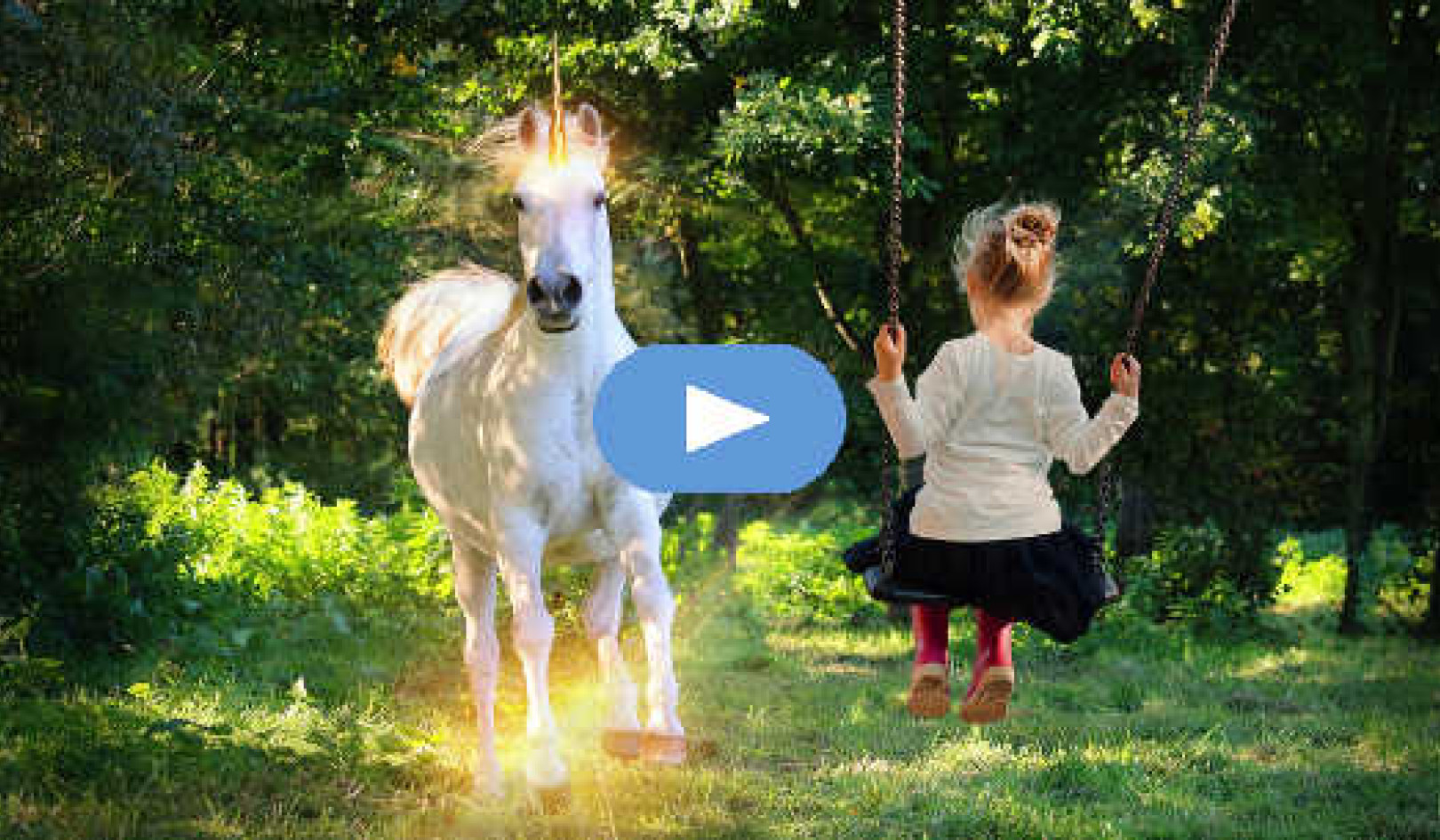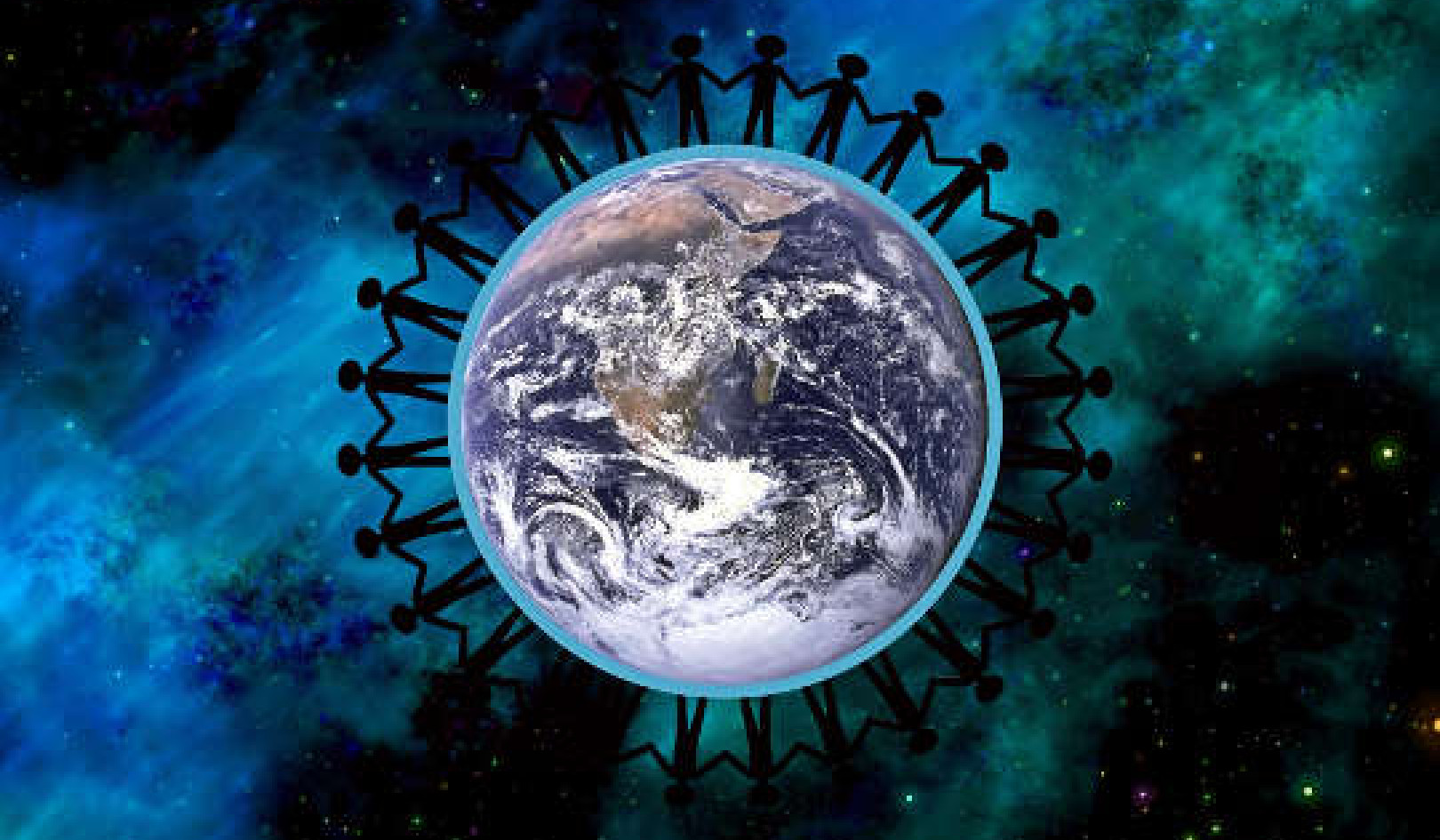
Burnout is a state of mental and physical exhaustion, usually related to your work situation. Paradoxically, the more passionate and responsible you are, the more likely you are to burn out since you’ll be unwilling to stop at times of being overwhelmed, not wanting to make others pick up the slack.
Ninety-three per cent of adults in the UK have symptoms of burnout, according to a mental health charity. It is a relatively recent standard of contemporary lives to spend most of our days working, not to mention commuting, raising children and taking care of your health, house, pets and belongings.
We’re also expected to have healthy and meaningful personal relationships that include family, friends and other acquaintances. And on top of that to be successful, mindful and find time for rest and hobbies. Not to mention getting eight hours of good sleep, while you exercise regularly and cook nutritious meals.
It’s a lot. And yet, we all constantly strive to keep up and improve, and many of us manage to do it for prolonged periods. But stability is a rare commodity, and once you reach the point where you seemingly get it all under control, something unexpected happens and you have to start over.
Some jobs escape the typical nine-to-five routine, such as artistic, creative or research careers that never reach the point where you can say you’ve done all you needed for the day. There is always another article to write, a film to make, a book to read, or a painting to paint. You simply don’t switch off at 5pm on Friday.
Instead, you carry ideas and to-do lists with you even when you’re seemingly out of work. This can be exciting and rewarding, but it also requires a lot of energy and stamina. Creative jobs also carry a sense of uncertainty about whether you will satisfy the expectations and deliver on time, and they often include a component of chance.
Managing that can be very energy consuming. But, according to psychologist Gloria Mark, the author of Attenion Span, there is only so much focus you can have at a given time. And creative jobs cannot be done on auto-pilot. It’s necessary to replenish your energy to be able to keep going and remain creative.
Recovering from burnout
While the reasons for burnout are pretty universal, recovery is more nuanced. What happens if there is an overlap between what pushed you towards burnout and what relaxes you? What if writing or producing video content is part of your job, but it is also what you love doing for fun? How can you reconcile the two and find the right balance?
There is no doubt the same activity can be both a daunting chore and an effective therapy. What makes it different is the heaviness of responsibility and the fact that you “must” versus the lightness and enjoyment of the possibility of what you “can”. It is also to do with your personal versus societal expectations. Whenever possible, we should be doing things because we truly enjoy them, driven by intrinsic motivation rather than societal expectations and external promises.
It often boils down to affording yourself the comfort of slowing down, a rare commodity in our busy professional lives. Writing about overworking and “under-living”, journalist Celeste Headlee attests to the damage the “cult of efficiency” has done to our wellbeing, replacing the joy of play with a frantic race of never-ending productivity.
In her revealing book Do Nothing, Headle offers a refreshing alternative to the tyranny of business, inviting readers to reassess our priorities and reminding us that sometimes we can accomplish more by doing less. By investing in leisure and nurturing genuine human connection, by savouring your time rather than mindlessly chasing the impossible standards of hyper-productivity, we replenish our energy and get better at doing things more meaningfully.
The psychology of flow, conceived by psychologist Mihaly Csíkszentmihályi, also stresses the importance of unstructured and often unplanned events that inspire creativity and leaves you in a state of uninterrupted focus and enjoyment. But this cannot be forced and it’s not always attainable.
The bottom line is: listen to your body and mind and don’t ignore the warning signs. If you feel constantly stressed and exhausted, it’s better to stop before it’s too late. A short break might be all you need to replenish your energy and motivation. Mindlessly pushing ahead because you “have to” is very shortsighted and will inevitably backfire.
Disconnect and do things you enjoy without the goal of achieving anything. Don’t expect any results and don’t be bothered by any expectations. Simply enjoy the pleasure of doing things for its own sake. Life gets so much lighter and more meaningful this way.
Agata Lulkowska, Senior Lecturer in Film Directing and Producing, Staffordshire University
This article is republished from The Conversation under a Creative Commons license. Read the original article.

Books Improving Attitude and Behavior from Amazon's Best Sellers list
"Atomic Habits: An Easy & Proven Way to Build Good Habits & Break Bad Ones"
by James Clear
In this book, James Clear presents a comprehensive guide to building good habits and breaking bad ones. The book includes practical advice and strategies for creating lasting behavior change, based on the latest research in psychology and neuroscience.
Click for more info or to order
"Unf*ck Your Brain: Using Science to Get Over Anxiety, Depression, Anger, Freak-Outs, and Triggers"
by Faith G. Harper, PhD, LPC-S, ACS, ACN
In this book, Dr. Faith Harper offers a guide to understanding and managing common emotional and behavioral issues, including anxiety, depression, and anger. The book includes information on the science behind these issues, as well as practical advice and exercises for coping and healing.
Click for more info or to order
"The Power of Habit: Why We Do What We Do in Life and Business"
by Charles Duhigg
In this book, Charles Duhigg explores the science of habit formation and how habits impact our lives, both personally and professionally. The book includes stories of individuals and organizations who have successfully changed their habits, as well as practical advice for creating lasting behavior change.
Click for more info or to order
"Tiny Habits: The Small Changes That Change Everything"
by BJ Fogg
In this book, BJ Fogg presents a guide to creating lasting behavior change through small, incremental habits. The book includes practical advice and strategies for identifying and implementing tiny habits that can lead to big changes over time.
Click for more info or to order
"The 5 AM Club: Own Your Morning, Elevate Your Life"
by Robin Sharma
In this book, Robin Sharma presents a guide to maximizing your productivity and potential by starting your day early. The book includes practical advice and strategies for creating a morning routine that supports your goals and values, as well as inspiring stories of individuals who have transformed their lives through early rising.






















